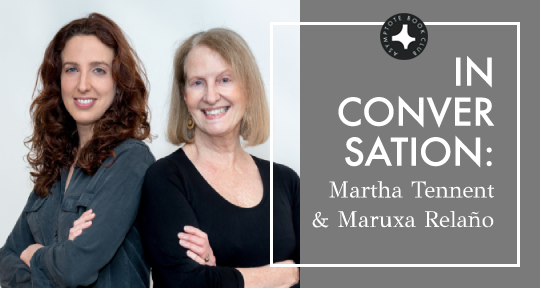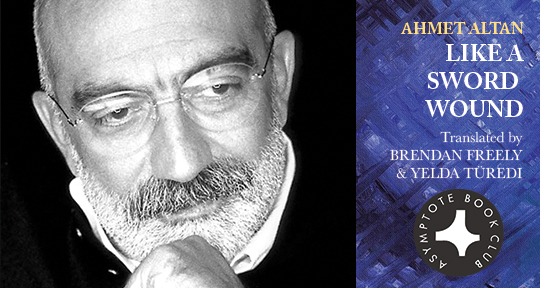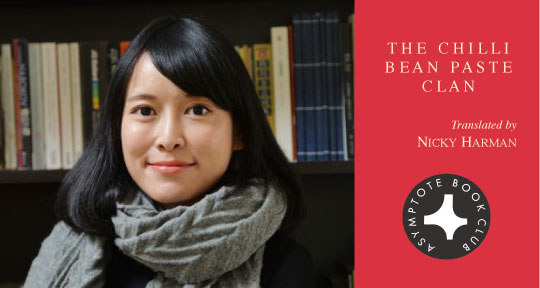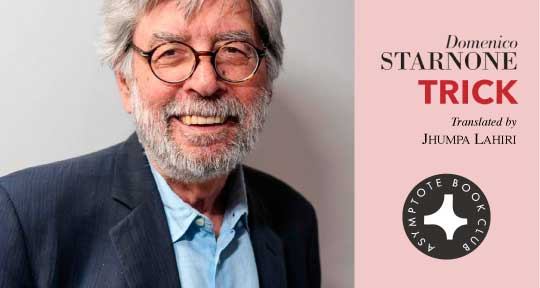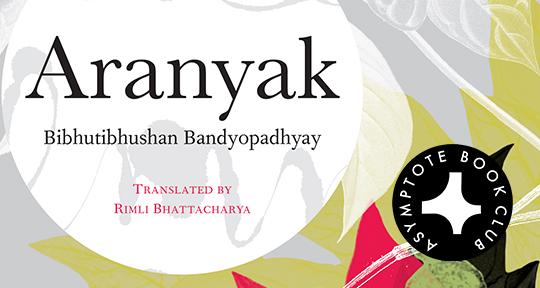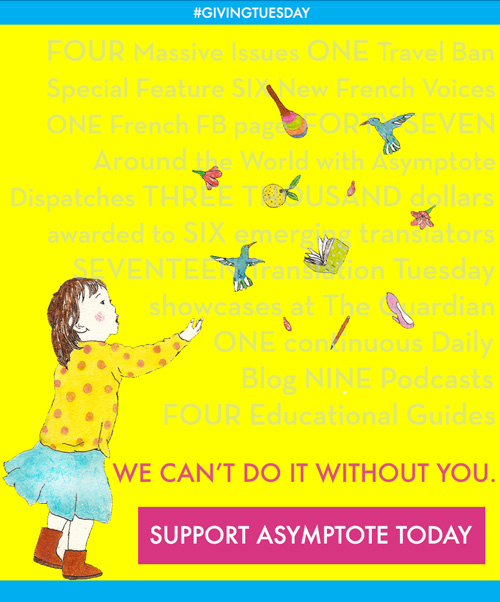Humour and courage infuse debut author Meryem Alaoui’s Straight from the Horse’s Mouth, a brazen and lucid portrait of a sex worker who moves through her city of Casablanca with a scrupulous gaze and an aptitude for colourful description. As our Book Club selection for September 2020, the novel enchants with its surprising and exacting prose as equally as with its deft navigation of human experience and emotional spectrums, building a fully populated world that seems to have always been there, waiting for one to visit.
The Asymptote Book Club aspires to bring the best in translated fiction every month to readers around the world. You can sign up to receive next month’s selection on our website for as little as USD15 per book; once you’re a member, you can join the online discussion on our Facebook page!
Straight from the Horse’s Mouth by Meryem Alaoui, translated from the French by Emma Ramadan, Other Press, 2020
The title of Meryem Alaoui’s debut novel, Straight from the Horse’s Mouth, suggests a direct, candid style—and that’s exactly what we get. Alaoui’s charming and at times profane protagonist, Jmiaa Bent Larbi, shares her harrowing story with unflinching clarity: after being pressured into an early marriage, Jmiaa and her new husband Hamid move to Casablanca, where their lusty honeymoon phase soon gives way to a much more sinister relationship. Hamid sees start-up capital in his young wife’s body and pimps her out to fund his get-rich-quick schemes. The only plot that ends up working out, however, is a passage to Spain, where he finds a new wife and a raft of financial troubles. Jmiaa tells us all about the turns her life takes from there, and Alaoui infuses the seemingly casual narration with careful observations of Moroccan life, tracing the fault lines where the country’s social classes collide.
In Casa, as Jmiaa calls the seaside city, she builds a life among a rich milieu: her fellow sex workers, who tease and joke and squabble like sisters; her young daughter, Samia, who Jmiaa fears will soon unravel the true nature of her work; and her mother, who must grapple with various aspects of her daughter’s unusual life. The women here aren’t sketches or stereotypes, but fully drawn characters with a complex set of motivations and relationships. The men vary in their own way. In one haunting passage, Jmiaa describes those who seek her services:
You straddle all of them. The loser, the frustrated guy, the lonely guy, the son of a whore, the one just passing through.
The one who blames the warmth of your hand for his weak, sterile joy.
And the one for whom no hole satisfies his hatred. Who is not appeased until he hears the ripping sound of a brown and bloody stain.
And the one who pumps his useless sweat into your stomach. He has been cursed never to eat his fill, so he bites your flesh. So that his teeth—today at least—serve some purpose. And in the wheeze of his sulfur breath, he spurts his bitterness onto your cheek and your tangled hair.
It’s no wonder, then, that Jmiaa often loses herself in television. Whether they’re set in Morocco or Mexico, the stories that unfold onscreen offer an escape from the familiar pattern of her days. Like Jmiaa’s drinking habits, her TV binges initially provoke concern, but as the novel progresses, those movies and shows unexpectedly offer a path to a different kind of escape. (At the risk of spoiling the plot, I won’t elaborate.) READ MORE…


